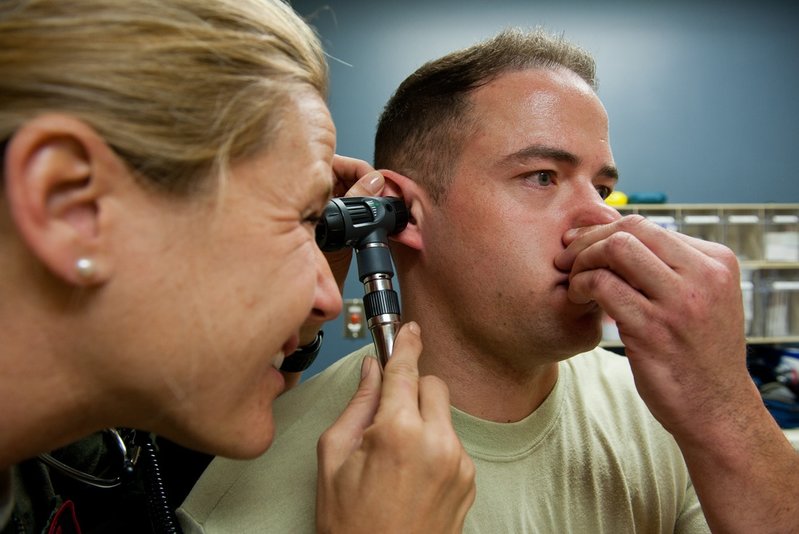The Relationship, or Lack Thereof, Between Screen Time and a Teenager’s Mental Health
Presently, 95% of teenagers have access to a smartphone, and more and more teens are spending their day online. With screen time having increased ten times since 2011, researchers are interested in learning more about potential health risks caused by smartphone use. Many of the potential risks, such as texting and driving or walking, are now very well known due to successful advertising on social media and advertisements. Some lesser known consequences of increased phone use include excess screen time and eye strain, which can cause headaches, dizziness, or blurry vision, as well as tendinitis, which occurs when the tendons in the hand are strained and become inflamed, causing pain and stiffness.
Aside from the physical consequences, however, scientists are concerned about the possible ramifications that smartphone use may have on a teenager’s developing mind. Smartphone addiction has become more common in the past five years, and young adults who are performing simple mental tasks do worse and exhibit withdrawal-like symptoms when their phone is in another area that is inaccessible to them. Another study describes a correlation between hours spent online, and suicidal thoughts. While these statistics may seem grave, research into smartphone use is fairly new, and as a recent study suggests, things may not be as dire as they seem.
Aside from the physical consequences, however, scientists are concerned about the possible ramifications that smartphone use may have on a teenager’s developing mind. Smartphone addiction has become more common in the past five years, and young adults who are performing simple mental tasks do worse and exhibit withdrawal-like symptoms when their phone is in another area that is inaccessible to them. Another study describes a correlation between hours spent online, and suicidal thoughts. While these statistics may seem grave, research into smartphone use is fairly new, and as a recent study suggests, things may not be as dire as they seem.
Image Source: ghcassel
In order to examine this new aspect of the consequences of smartphone use, A recent study conducted by psychologists at the University of Oxford set out to improve the quality of research regarding smartphone use by asking study participants to use a screen-time journal and record when and how long they used digital screens. They also used a variety of surveys to measure depression, sleep quality, and other indicators of well-being. They then analyzed and compared the data to previous studies on the same topics. Compared to previous research in which the data was often self-reported and subjective, this new method of analysis has been found to be much more accurate. Their analysis showed that contrary to previous studies, there was little to no correlation between screen time and a decrease in mental well-being.
For research to be accepted into scientific knowledge, the results should be reproducible, meaning different researchers studying the same topics should get similar results. However, this is not the case with smartphone research. The University of Oxford scientists showed that while digital screens may still cause mental harm, the results are currently inconclusive, and certainly not as dramatic as previous studies have shown. This field of research, just like smartphones themselves, are still fairly new to the scientific world. With more time and more stringent research practices, scientists will be better able to shed light on the harms of smartphones.
For research to be accepted into scientific knowledge, the results should be reproducible, meaning different researchers studying the same topics should get similar results. However, this is not the case with smartphone research. The University of Oxford scientists showed that while digital screens may still cause mental harm, the results are currently inconclusive, and certainly not as dramatic as previous studies have shown. This field of research, just like smartphones themselves, are still fairly new to the scientific world. With more time and more stringent research practices, scientists will be better able to shed light on the harms of smartphones.
Featured Image Source: JESHOOTS-com
RELATED ARTICLES
|
Vertical Divider
|
Vertical Divider
|
Vertical Divider
|






